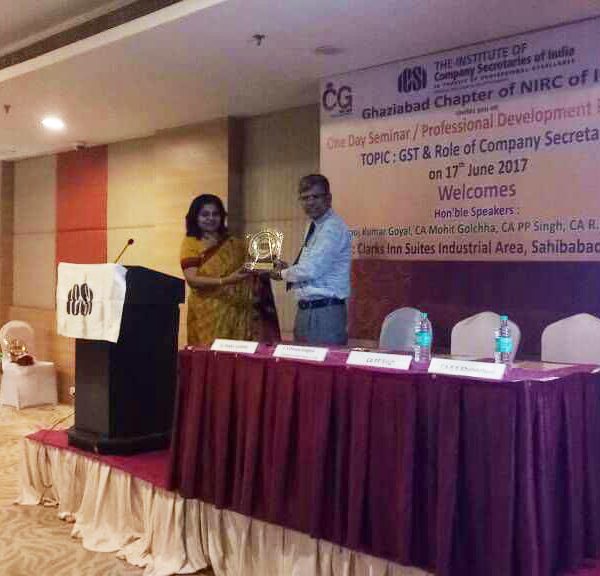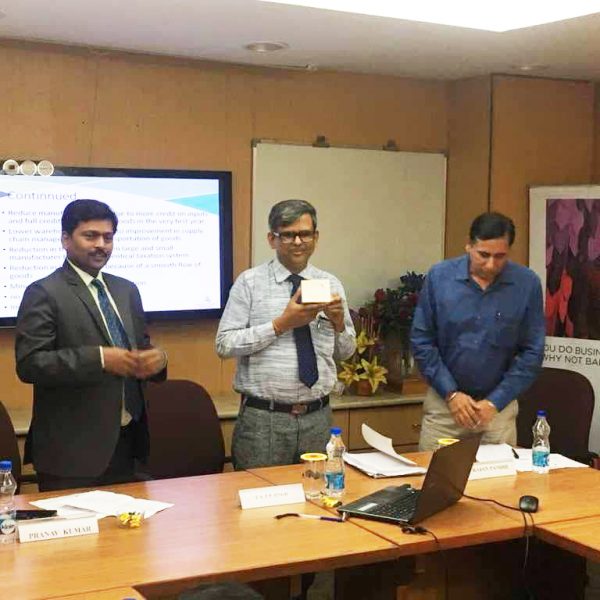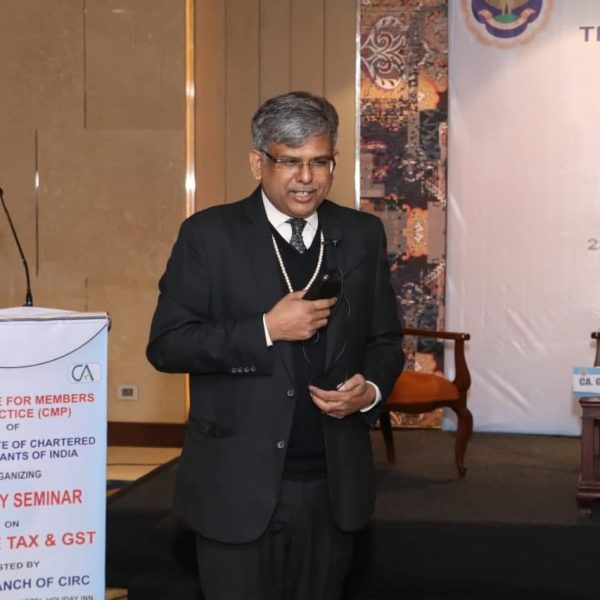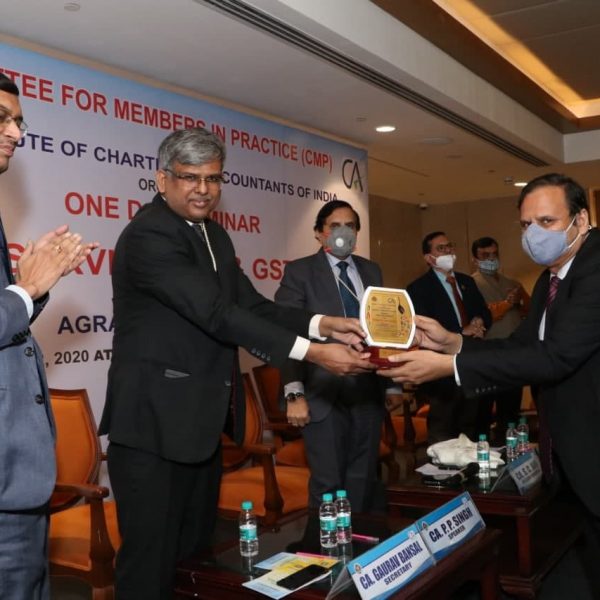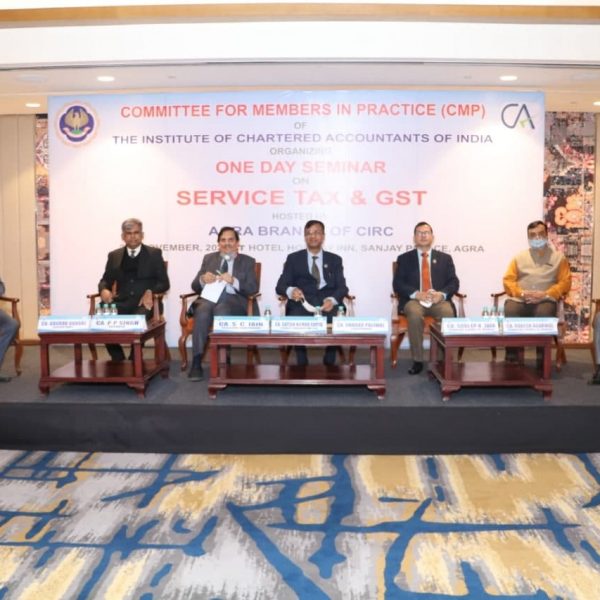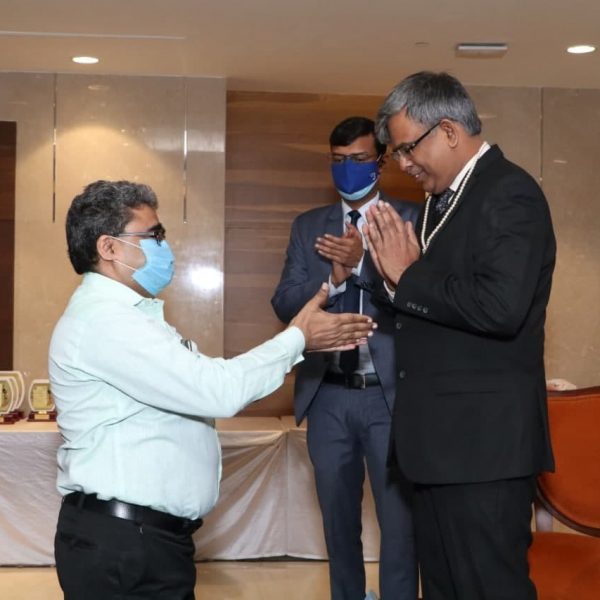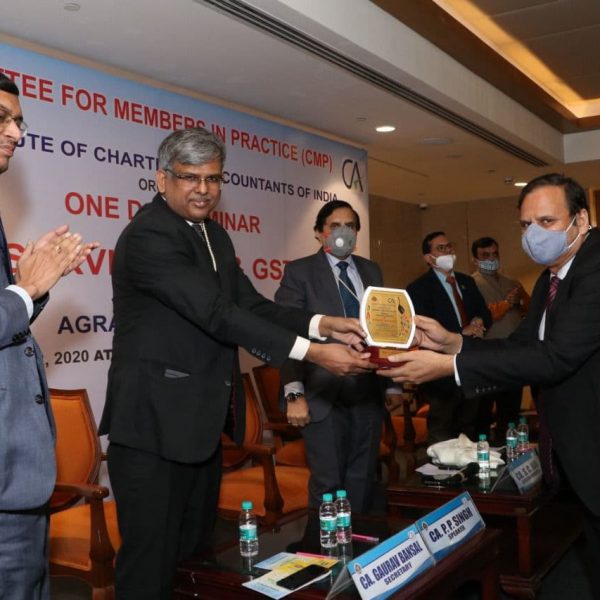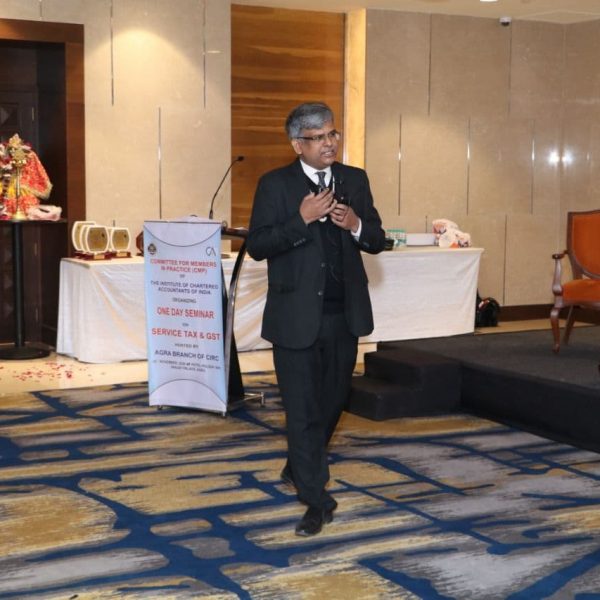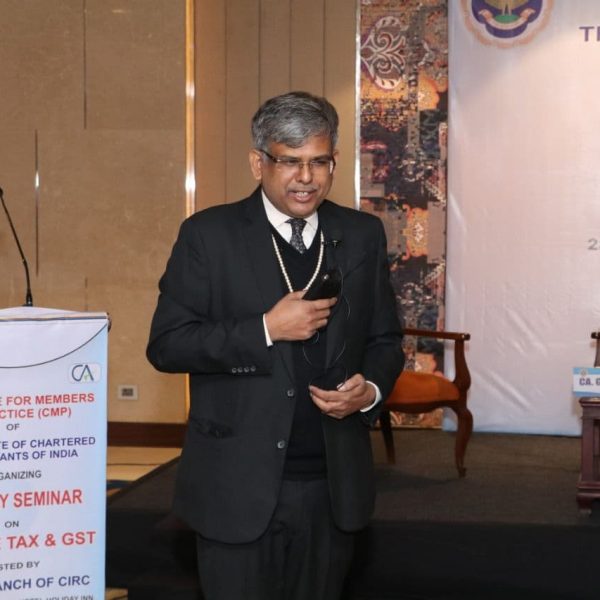Topic: Article 142 of the Constitution of India
Contents:
- Introduction
- justice in the preamble of the constitution
- Meaning of justice
- why article 142?
- Extract of Article 142 of the Constitution of India
- Provision explained
- Scope of applicability
- Important landmark judgments
- Conclusions
Introduction: Indian judiciary and our constitution believe in justice for all without any exception There may be situations where justice may be denied or not granted by the lower judiciary for any reason whether technical or otherwise or inadequacy of law etc. Article 142 empowers the hon’ble supreme court to pass any order or decree to do complete justice. Wide sweeping power conferred upon the supreme court without any limitation and restriction. Similar provisions are in Article 104 of the constitution of Bangladesh and in Article 88(2) of the constitution of Nepal.
The preamble of the Constitution of India: “We, the people of India, having solemnly resolved to constitute India into a sovereign socialist secular democratic republic and to secure to all its citizens: Justice, (social, economic and political); Liberty of thought, expression, belief, faith, and worship; Equality of status and of opportunity; and to promote among them all Fraternity assuring the dignity of the individual and the unity and integrity of the Nation;”
- Social Justice– no discrimination or unfair treatment to anyone due to his sex, caste, creed, religion, etc, and equal opportunity to all.
- Economic Justice – Effective realization of economic rights so that no one can become unjust enrich at the cost of other
- Political Justice – legal entitlement to participate in the political process for everyone
Article 142(1) Supreme Court may pass any order or decree necessary for doing complete justice. Supreme Court is empowered to make orders for the attendance of any person, discovery or production of any documents, or the investigation or punishment of any contempt.
- Extract of Article 142 of the Constitution of India:
- (1) The Supreme Court in the exercise of its jurisdiction may pass such decree or make such order as is necessary for doing complete justice in any cause or matter pending before it, and any decree so passed or orders so made shall be enforceable throughout the territory of India in such manner as may be prescribed by or under any law made by Parliament and, until provision in that behalf is so made, in such manner as the President may by order prescribe.
(2) Subject to the provisions of any law made in this behalf by Parliament, the Supreme Court shall, as respects the whole of the territory of India, have all and every power to make any order for the purpose of securing the attendance of any person, the discovery or production of any documents, or the investigation or punishment of any contempt of itself.”
Applicability of Article 142: The purpose of conferring such power to the Supreme Court is to do complete justice in areas where the statutory legislations cannot provide complete justice to the affected parties and litigants are deprived of appropriate remedy even after multifarious legal proceedings in all the courts across the country.
What Constituent Assembly stated in the debate on Article 142 while approving the draft version of COI?
The Constituent Assembly during its debates modified it as “The Supreme Court in the exercise of its jurisdiction may pass such decree or make such order as is necessary for doing complete justice in any cause or matter pending before it”. It is this draft which was finally adopted as Article 142. The necessity for incorporating such an article into the Constitution was spelt out in the Constituent Assembly, which spoke, through Shri Thakur Das Bhargava , that the natural justice, in the words of the Privy Council, is above the law, and the Supreme Court will also be above the law, in the sense that, it shall have full right to pass any order which it considers just. This is a very important article and gives almost unlimited powers. Therefore, the Supreme Court shall exercise these powers and will not be deterred from doing justice by the provision of any rule or law, executive practice or executive circular or regulation, etc. Thus the Supreme Court will be, in this sense, above law.
Scope of Article 142
- Article 142 provides vide power to the supreme court to pass any order or decree for complete justice. The founder of the constitution does not in favour of limiting such power as justice to all is the basic proposition of the constitution. Complete justice is not defined and therefore conferred vide power to the apex court. The apex court can issue guidelines if there is no law. If the law is inadequate to provide justice, or the application of law in particular circumstances does not provide justice, the apex court can pass any order. Article 142 is a constitutional power and therefore it could not be restricted or limited by any statutory legislative provision of law.
- Meaning of justice: Justice is a broad and abstract concept based on equality, fairness, morality, ethics, dignity, liberty, opportunity, and dharma to prevent
- unjust
- tyranny/abuse of power and to prevent any
- unfair treatment
- unjust enrichment
- social empowerment to the weaker section
- violence
- slavery
Important Landmark order using the power under A-142 of the COI:
Babri masjid –Ayodhya case- M Siddiq (D) through Lrs Vs. Mahant suresh Das and others (2019)(SC)
Disputed land of 2.77 acres to the trust to be formed within 3 months for construction of Ram temple and 5 acres of land for construction of a mosque in Ayodhya. Hon’ble Supreme Court described its power under Article 142 – “The phrase ‘is necessary for doing complete justice’ is of wide amplitude and encompasses a power of equity which is employed when the strict application of the law is inadequate to produce a just outcome. The demands of justice require close attention not just to positive law but also to the silences of positive law to find within its interstices, a solution that is equitable and just. The legal enterprise is premised on the application of generally worded laws to the specifics of a case before courts.”
UNION CARBIDE CASE (BHOPAL GAS TRAGEDY)-Union carbide corporation Vs. union of India (1989)(SC)
In the said judgment, the Hon’ble Supreme Court while awarding the compensation of $470 million to victims observed that to do “complete justice” it could even override the laws made by Parliament. when the court realised a need to digress from the contemporaneous law in order to bring relief to the people who had been affected in the Bhopal gas tragedy. The court ordered to award of compensation to the victims and placed itself in a position above the Parliamentary laws.
- “prohibitions or limitations or provisions contained in ordinary laws cannot, ipso facto, act as prohibitions or limitations on the constitutional powers under Article 142. It will again be wholly incorrect to say that powers under Article 142 are subject to such express statutory prohibitions. That would convey the idea that statutory provisions override a constitutional provisions. Perhaps, the proper way of expressing the idea is that in exercising powers under Article 142 and in assessing the needs of ―” complete justice” of a cause or matter, the apex Court will take note of the express prohibitions in any substantive statutory provision based on some fundamental principles of public policy and regulate the exercise of its power and discretion accordingly.
Delhi judicial service Association Vs. State of Gujrat SC (1991)
Supreme court has quashed criminal proceedings against CJM.
Gujarat Police had cruelly trodden and handcuffed an incumbent Magistrate, for creating consistent complaints against the ill-conduct of the police officials. This issue had then caused an enormous national uproar forcing the Supreme Court to intervene in this matter.
No enactment made by the Central or State Legislature can limit or restrict the power of this Court under Article 142 of the Constitution, though while exercising power under Article 142 of the Constitution, the Court must take into consideration the statutory provisions regulating the matter in dispute. What would be the need for “complete justice” in a cause or matter would depend upon the facts and circumstances of each case and while exercising that power the Court would take into consideration the express provisions of a substantive statute.
State of Tamil Nadu vs K. Balu Supreme Court 2016- ban of liquor near Highway case-Using Article 142, the supreme court extended the applicability to state highways also.
Prohibition on the sale of alcoholic liquor near national highways was notified by the central govt only, no similar notification by the state government to ban it near a state highway. but the supreme court has extended the restriction on the sale of liquor within 500 mts. of the highway both national as well as state. The honorable supreme court has invoked Article 142 banning the sale of liquor to ensure that no liquor vendor is visible or directly accessible within 500 Mts. Of the outer edge of the highway or service lane to avoid accidents due to drunk and drive.
use of article in Personal matters / matrimonial matters – divorce
Sukhendu Das vs Rita Mukherjee 2017 Supreme Court
Where marriage is emotionally unworkable and dead beyond salvage and broken down irretrievable, even if facts of the case do not provide a ground in law on which divorce could be granted, there is no reason or purpose in compelling the parties to live together in matrimony and the honorable supreme court has granted divorce for complete justice to the parties exercising article 142.
Laxmi Devi v. Satya Narayan (1994) 5 S.C.C. 545
- Appellant failed to prove second marriage punishable under section 494 of IPC still compensation to the appellant
Though we have come to the above conclusion, the first respondent is undoubtedly living with Bimla, Respondent No. 4 as husband and wife. Merely because the appellant is not in a position to prove the factum of second marriage punishable under Section 494 of the Indian Penal Code that does not mean the appellant should be left in the lurch. Exercising our powers under Article 142 of the Constitution of India we think the appellant should be awarded compensation which will bring some solace when her life is dismally dark. Therefore, we quantify the compensation at Rs. 25,000 which shall be paid by the first respondent to the appellant within eight weeks from today.
Union of India vs State of Maharashtra (2001) 2 SCC 186
Apex court has clarified that Article 142 cannot be applied to encroach upon the field reserved for the legislature. No procedural technicality can stand in the way of the enforcement of fundamental rights. There are enumerable decisions of this Court where this approach has been adopted and directions issued with a view to enforcing fundamental rights which may sometimes be perceived as legislative in nature. Such directions can certainly be issued and continued till appropriate legislation is enacted. The role of this Court travels beyond merely dispute settling and directions can certainly be issued which are not directly in conflict with a valid statute. Power to declare law carries with it, within the limits of duty, to make law when none exists.
Use of articles 142 for issuing guidelines to the government:
Save life foundation vs Union of India (2016) supreme court:
- The honorable supreme court has issued guidelines to protect people who support and help the injured or victim of a road accident. Supreme court issued directions for SOP for compliance till such time legislature/executive bring proper legislation or guidelines so as to provide immediate help to the victims which are necessary for the protection of rights under Article 21 read with Article 14 of the Constitution of India so as to provide immediate help to the victims of the accident and at the same time to provide protection to Good Samaritans. The guidelines will have the force of law under Article 141. By virtue of Article 144, it is the duty of all authorities – judicial and civil – in the territory of India to act in aid of this Court by implementing them.
Use of the article in taxation matters:
Union of India Vs. Ashish Aggarwal and others 2022(SC)
Changes in reassessment proceedings under income tax and the time limit for the opening of assessments changed from 01-04-2021. A new system was from 01-04-2021 but the income tax department issued notices under old law even after 01-04-2021 til 30-06-2021 presuming power under TOLA.
The present order is passed in the exercise of powers under Article 142 of the Constitution of India so as to avoid any further appeals by the Revenue on the very issue by challenging similar judgments and orders, with a view not to burden this Court with approximately 9000 appeals. the issue is common and there will be a multiplicity of proceedings to lessen the burden of this Court and for the reasons stated hereinbelow, as we propose to pass an order in exercise of powers under Article 142 of the Constitution of India the present order shall govern all the other judgments and orders passed by various High Courts on the similar issue. We have also proposed to pass the aforesaid order in the exercise of our powers under Article 142 of the Constitution of India by holding that the present order shall govern, not only the impugned judgments and orders passed by the High Court of Judicature at Allahabad but shall also be made applicable in respect of the similar judgments and orders passed by various High Courts across the country and therefore the present order shall be applicable to PAN INDIA.
Procedure to be adopted by AO
- notice issued under old law deemed as notice issued under a new provision under section 148A and construed or treated to be show-cause notices in terms of section 148A(b). 30 days time to AO to share information and material relied upon by the Revenue, assesses can reply to the show-cause notices within two weeks thereafter. that prior approval of specified authority under section 148A(a) is hereby dispensed with as a one-time measure. assessing officers shall thereafter pass orders in terms of section 148A(d). after following the procedure as required under section 148A AO may issue a notice under section 148 (as substituted);
- All defenses which may be available to the assess including those available under section 149 of the IT Act and all rights and contentions which may be available to the concerned assessees and Revenue under the Finance Act, 2021 and in the law shall continue to be available.
Merits of Article 142
- Judiciary used the powers for upholding citizens’ rights and implementing constitutional principles when the executive and legislature fails to do so. As a guardian of the constitution, Article 142 provides its power to fill the statutory vacuum. So many times SC has issued guidelines such as in save life Foundation Vs. UOI, and recently in income tax matters in the case of more than 9000 writs in the case of Union of India Vs. Ashish Aggarwal and others 2022(SC)
- Demerits Of Article 142
- Unaccountable judiciary :
- Judicial under-reach for other important cases:
- Repeated interventions of courts reduce faith in the legislature and executive as well as the lower judiciary.
- Unaccountable judiciary as sweeping power: unlike the executive and legislature, it cannot be held accountable for its decisions because of the limitless power conferred to the apex court but so far apex court has used this power with due care and caution and hope will continue in future.
- Judicial under-reach: due to paucity of time resulting in great injustice for example the majority of the petitions/appeals/SLP filed before the Supreme Court under Article 136 of the Constitution of India are dismissed, but its judges are not liable to explain the reasons for such dismissal.
Repeated interventions of courts may diminish the faith of the people in executive and legislature integrity, quality, and efficiency of the government,
Conclusion: The honorable supreme court has issued so many guidelines in the larger public interest where lack of law, provided complete justice where existing law does not provide justice, or passed an order in the public interest such as restriction on the sale of liquor near highways or even supreme court has passed order beyond law if circumstances require to do so for complete justice. hope no one will be out of justice till article 142 in our constitution.

